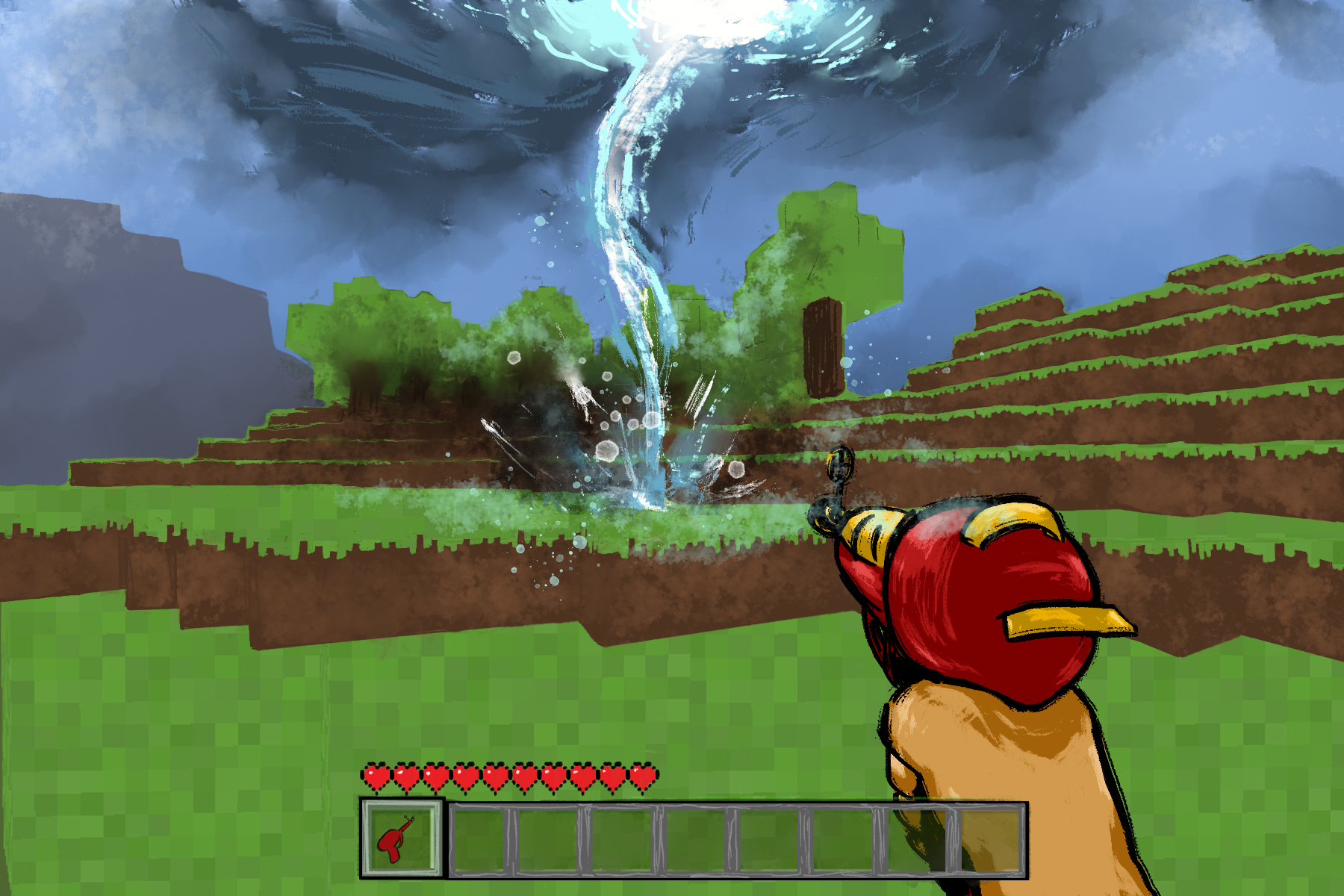Mods aren’t hard to find. A simple Google search may yield hundreds of options, most of which are available for download. But how much do we really know about them? Let me walk you through the basics and explain exactly how they’ve been gaining momentum in the gaming world.
How do mods work?
Mods are created when someone changes the code of a video game to alter its properties. Some changes are more significant than others, but the controversy they face boils down to the alterations made to a game’s code.
Some changes can be as simple as altering character skins. Other mods can change the very landscape of the game, though the game still plays as normal. The most significant mods can alter gameplay mechanics.
Are mods safe?
While it is not impossible for mods to have malware attached to them, downloading mods should be safe as long as you have virus protection.
What do video game companies think of them?
With so many people modding their games, developers have taken notice, though reactions have differed. Goodrich and Rosati note how Electronic Arts allows mods for the game Command & Conquer: Tiberian Dawn, as long as the developer is credited and the mod is distributed under an open license.
Bethesda Softworks allows users with accounts to access and download fan-made mods with their Creation Club. Bethesda even pays modders for the improvements they bring to the gaming experience.
Of course, not all video game developers have such an accepting approach to mods. Developers have their intellectual property to think about. Based on Goodrich and Rosati’s findings, Nintendo is somewhat notorious for sending out cease-and-desist letters to modders they discover.
In fact, Brian Ashcraft of Kotaku claims that modified games in Japan are outright illegal, leading to five years of jail time as well as a 5 million yen fine, or $46,000. As Japan’s law shows, the legality of mods varies across nations.
What is the law in the United States?
In the U.S., a modder needs permission from the game developer to make mods. However, it is legal to make mods without the permission of the developer if it follows fair use law: “If the purpose of a mod is criticism, commentary, news reporting, teaching, scholarship or research, then that mod may be considered a fair use of the original game’s copyright, giving the modder a defense against claims that the mod infringes the developer’s copyright in the game (17 U.S.C. § 107).”
Goodrich and Rosati explain how a court would consider the mod’s purpose when determining whether or not it follows fair use law. Legal ramifications of modding depend on whether or not video game developers will take action to protect their intellectual property.
Can consoles be modded?
Consoles can be modded, but it is illegal, and I don’t condone that course of action. The act of modding a console is inherently questionable from a legal standpoint because consoles can only be modded through hacking, with the exception of official modding communities like Bethesda’s Creation Club.
Nicole Carpenter describes a recent case where Nintendo filed $2,500 lawsuits against resellers of hacked Nintendo Switches. Disabled protective measures allowed buyers to download a system that would let them play pirated games. Nintendo’s number one concern was the piracy that the hacks allowed on their consoles.
Not all mods are created and used to commit piracy, but in such cases, it is sensible for video game developers to pursue legal action. Many are created to enrich the experience of playing video games. Bethesda understands this and allows everyone to benefit from the efforts of modders, themselves included.
Consoles aren’t worth hacking, and neither are the legal consequences that come with it. But with the Creation Club going strong, it is a fair bet that other video game developers will embrace mods in time. Even if they don’t, PCs are famous for their ability to download mods, so they’re worth the investment for anyone who wants a modified video game experience.
















